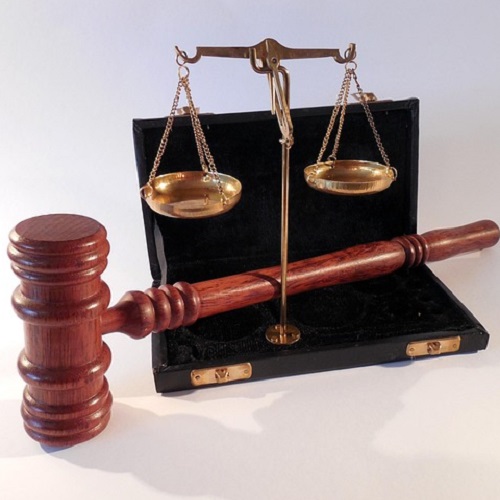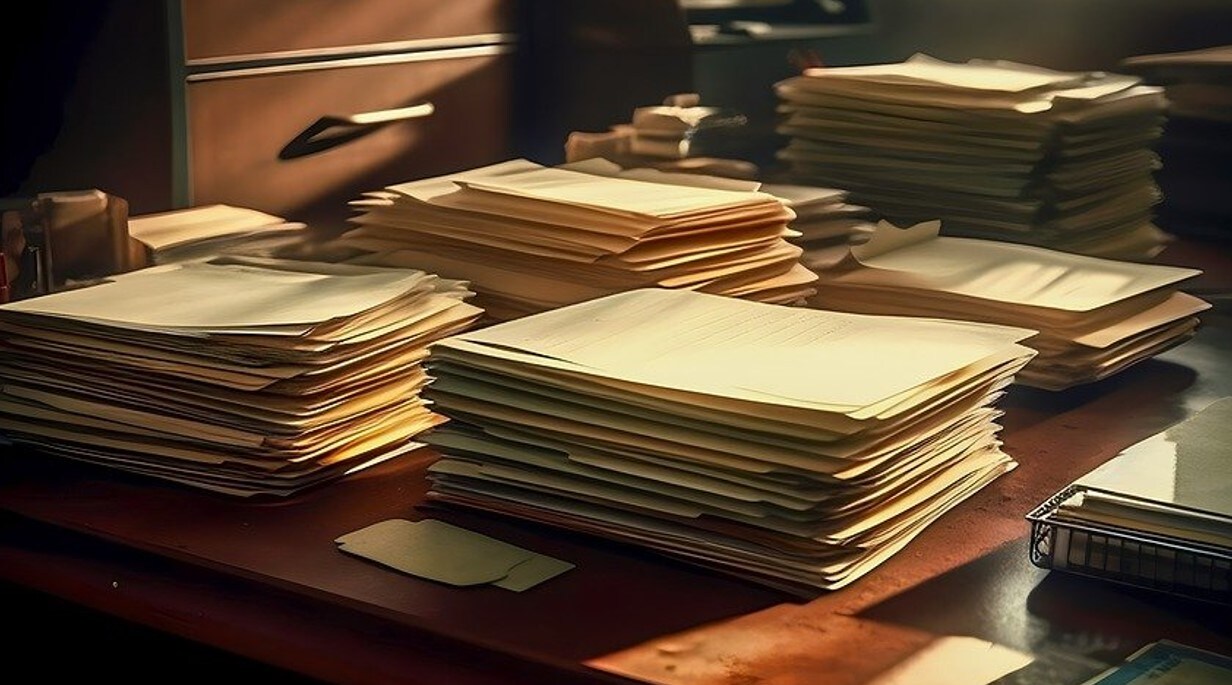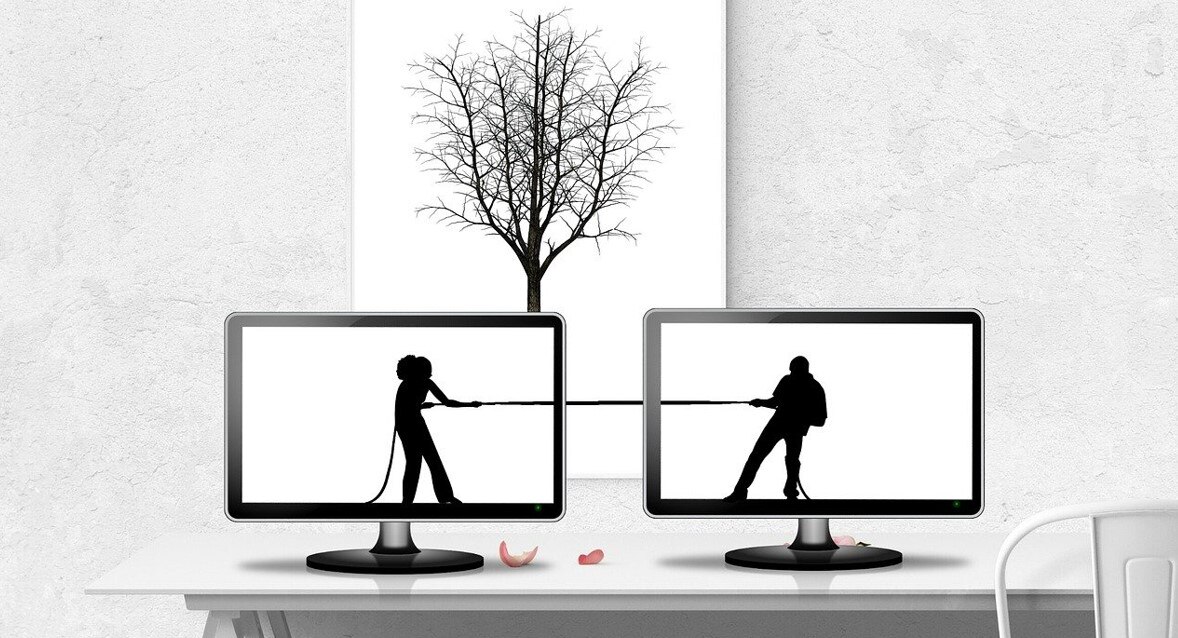Access to proper legal help during the separation process is essential. Still, it can be overwhelming if you are new to the whole divorce experience. How to start and get the best from a divorce lawyer consultation? By preparing yourself for your divorce lawyer consultation, you can spend your time wisely and ask all the important questions to make a smart decision.
This blog post will provide vital pointers to prepare well for your divorce lawyer consultation.
Why divorce lawyer consultations matter?
We understand going through a divorce is hard and emotional, so having the right legal help on your side can make or break your case. A divorce lawyer consultation is your initial step in this process, where you can see the skills of one specific lawyer, how they communicate with you, and if they are a fit for your unique situation.
Consultations are important because they help you understand your legal rights. The attorney will consider your circumstances and provide legal counsel in matters ranging from property division and child custody/support to alimony. This information lets you choose the best solution and predict a realistic life after divorce.
In addition, coming into contact with an attorney allows you to assess their communication style. Divorce is a process, and good communication is important to keep you in the game. To determine if they are the right one for you, assess whether or not the lawyer listens well, explains things clearly, and answers your questions.
How to find the right divorce lawyer
Finding a divorce attorney can sound difficult, but it can be quite simple. You can start by asking friends, family, or even work colleagues you trust and know. Perhaps they have personal stories or insights to add.
You can also consult online directories and professional organizations, such as the American Bar Association or your state Bar Association. These websites can provide you with a list of lawyers in your area who are experienced and qualified, as well as information about their areas of expertise, experience level, and customer reviews.
When you are researching lawyers, ask about their area of expertise. One is perhaps an authority on handling big-money divorces, while the other knows more about child custody. Somebody with a strong grasp of the law in your particular state and a history of success with similar cases may be the right one for you.
What to Bring to the Divorce Lawyer Consultation: Pre-Consultation Paperwork
When one goes in for a consultation about divorce, they must have the proper pre-consultation paperwork. This documentation will assist your attorney in grasping where you are at and give accurate counsel. Essential documents to carry include:
- Personal Identification: A government-issued photo ID such as a driver’s license or passport.
- Marriage Certificate: An original or certified copy of your marriage certificate.
- Financial Documents:
- Recent pay stubs
- Tax returns from the past three years
- Bank statements
- Investment accounts
- Retirement account statements
- Property Documentation:
- Real estate deeds or mortgage documents
- Vehicle titles
- Appraisals for valuable items (jewelry, art, etc.)
- Debt Information:
- Credit card statements
- Loan documents
- Other debt obligations
- Legal Documents (if applicable):
- Prenuptial or postnuptial agreements
- Previous court orders or judgments
- Separation agreement
- Information on Children (if applicable):
- Birth certificates
- Custody agreements
- Child support documents
- List of Assets and Liabilities: A detailed list of all assets and liabilities, joint and separate.
- Insurance Policies: Life, health, auto, and property insurance documents.
- Employment Records: If employment status or history is relevant to the case.
This will ensure that everything gets covered during the consultation.
Think of The Consultation as an Audition: Preparing a List of Questions
You should create a list of questions before your divorce lawyer consultation. Ask the right questions, and hide nothing! Get all the information to help you choose your attorney wisely.
Inquire whether the lawyer handles divorce cases. Find out how long they have been practicing, what types of cases they take the most, and then finally ask about the success rates.
You should also ask about their mode of communication. How do they update clients? How do they navigate conflicts throughout the divorce?
Next, talk about the fees. Determine their hourly rate, whether any retainer fees will be necessary, and how much the divorce is likely to cost. Then, see if it is possible to pay over time.
Finally, ask them what their strategy would be for your case. How do they feel about your particular situation? What do they suggest to be done? Any potential problems you might face and how to handle them?
Understanding the Lawyer’s Expertise and Experience
Hiring a good divorce lawyer is paramount. Thus, you must determine if they are properly qualified and experienced to guide you through this consultation.
Their level of education and whether they have received any additional training or certifications that focus on family law will tell you whether they can deal with your divorce.
Other information you can gather about your future divorce lawyer includes their years of experience and the categories of divorce cases they have handled so far. A lawyer who has a track record of successful results in cases similar to yours can be beneficial.
Ask what is their approach to divorce cases and conflict resolutions. Some attorneys are more adversarial than others, which might not be the best for your situation. Ensure their style suits your unique circumstances.
Discussing Fees and Payment Options
Divorce can be expensive, so during the consultation, make sure to address any concerns you have about service fees and payments.
This allows you to approach the subject of hourly rates and any other fees. Ask them about retained fees / up-front payment, and other potential expenses that may need to be covered.
Lastly, discuss your payment plans. Most lawyers offer payment plans to accommodate almost any budget. Inquire about any discounts or waivers.
Lawyer for free consultation
If legal advice expenses are troubling you, looking for a lawyer who provides free consultations may be an excellent spot to start. These initial meetings aim to ensure potential clients understand their legal issues and the litigation process and test an attorney’s expertise without any financial commitment.
A consultation may consist of informal advice, a review and evaluation of your case(s), and knowing your rights. It’s also a chance to ask the lawyer about his/her experience, fees and what possible outcomes you might be looking at. It’s a free consultation, but it is an important opportunity for you to make up your mind about whether or not they are the right lawyer.
Evaluating Communication Style and Professionalism
Communication is paramount in any divorce. How well does a potential lawyer listen and understand your perspective? Do they manage to explain things in simple terms? This is what a good communicator does.
Take a look at their promptness, clothing, and behavior. Inquire about how quickly they return client calls and their availability during your divorce. all these are factors that you must consider when choosing an attorney.
Exploring Potential Strategies and Outcomes
When discussing your case during a divorce consultation, don’t forget these two points: strategies and results.
Refer to possible divorce mediation, negotiation or litigation paths. The lawyer can tell you the benefits and disadvantages of each option, which will help you understand how to move forward.
Ask how long the divorce process takes and for a timeline. The attorney should provide you with an honest assessment based on their experience and the specifics of your case.
Taking Notes and Evaluating Your Impression of the Lawyer
During your divorce lawyer consultation, write notes, but keep them brief. Check the lawyer’s education, experience, and offered advice. Observe how good a listener he or she is and how clear communication is while explaining legal concepts.
Think about what you thought of the lawyer after your consultation. Does it feel like a match? Do you trust their skills?
What about Virtual Consultations: Pros and Cons
Consultations with a divorce attorney frequently occur virtually instead of traditional face-to-face meetings. Here some pros and cons of virtual divorce consultations to help you out:
Pros:
- The consultation is remote as if you have moved the lawyer’s office to your home (practically speaking, that’s what it is).
- Not having to deal with office hours or long commutes often makes scheduling more flexible.
- Having the consultation in your own environment can make tough conversations a little easier to deal with.
- This also lessens health-related risks in the case of a pandemic, like the last COVID-19.
- Document sharing online is much faster and tidier than maintaining hard copies.
- For remote residents and those with physical disabilities, virtual consultations provide better access to legal services.
Cons:
- There may be technical glitches, like low internet speed, which can interfere with communication.
- Without in-person communication, building a relationship and earning trust might be difficult.
- Despite being convenient, digital can become a limitation if you do not know how to work with technology or how to send documents digitally.
- Cybersecurity risks exist when discussing sensitive information online.
When considering divorce, consider these advantages and disadvantages to help you decide whether a video divorce consultation is right for you.
Final Thoughts
Once you have assessed the lawyer’s experience and how you communicate, it is time to choose one that can serve your case. Check how experienced they are, their specialty in divorce cases, and if you can afford fees.
You can simply decide on one and employ them formally. Sign any agreements, exchange any documents that needs to be exchanged and discuss the next steps.
Stay in touch with your attorney as the case goes along. Inform them of any changes and team up to go over your plan of attack.
Ensure that you get the proper preparation and legal representation so your divorce can be a more transitional, stress-free experience.
If you have kids, check this Divorce With Children Guide. Also, this divorce checklist of dos and don’ts will be helpful.
For more up-to-date information, follow our Facebook, Instagram and Twitter pages!
All images from pixabay.com

SmartDivorceNetwork.com Thanks to all our contributors; Independent Writers, Journalists and Guest Gloggers for helping the site to became better with good an engaging content and for keeping our readers up to date with the most recent information about divorce.







